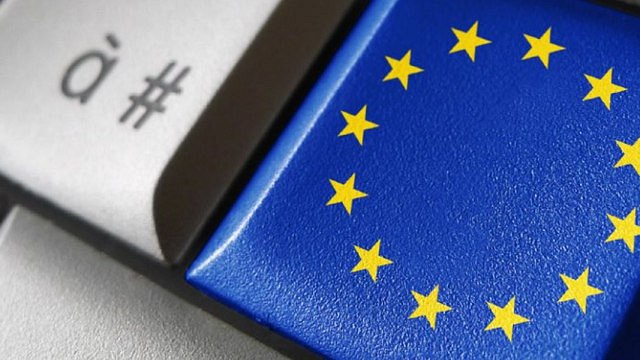Czech Business Today
Volume XIV, 6-2015
-
Single Rules for Cross-border Online Trade Will Boost Digital Economy
Only 12 % of EU retailers sell their goods online to another EU country, meanwhile, 37 % of companies sell online on… continue reading »
-
Jourová’s Road Map for Women Employment – New Headache for Employers?
The negotiation on the so-called maternity directive failed to unblock in the Council and the last attempt of the… continue reading »
-
The Investment Plan for Europe – What’s In for Czechs?
European Fund for Strategic Investments (EFSI) is the key pillar in the Investment Plan for Europe which can mobilize… continue reading »
-
EESC CORNER: Economist Petr Zahradník Is Joining EESC With Huge Experience in EU Policies
In the period when the Czech economy again started to belong to the group of fastest-growing ones in the EU… continue reading »
-
MEPs Corner
"Legislative and non-legislative measures aiming at better cross-border trade online must primarily increase the… continue reading »
CEBRE calendar
-
October 20th, 2015
CEBRE debate on Energy labelling in European House (Prague)
-
October 30th, 2015
CEBRE debate within the National Convent on the EU on „education in entrepreneurship“
-
November 2nd, 2015
CEBRE founders meet Czech MEPs (Prague)
Flash news
-
Czech Industrial Production Grew by 5 %
According to the Czech Statistical Office, domestic industrial production grew by 5 % from January to July 2015. Czech Republic ranks among EU top five with the fastest industrial growth. Automotive industry still remains the driver. Overall, the Czech Republic holds the 2nd place among EU countries with the lowest unemployment rate.
-
Energy Companies Are Worried About Compulsory Savings
Czech energy companies are worried that the Czech Republic will not be able to fulfill EU targets for energy efficiency. They are afraid of a possible obligation to save energy by their clients from 2018 which would certainly lead to price increases.
-
Czech Farmers Will Receive 313 Million From EU Budget
Czech farmers will receive more than 300 million CZK from the EU to provide liquidity and to compensate the losses for low purchasing prices of milk. Throughout the EU, the purchasing price of milk drops due to the abolition of milk quotas and the implementation of Russian embargo on food imports.







